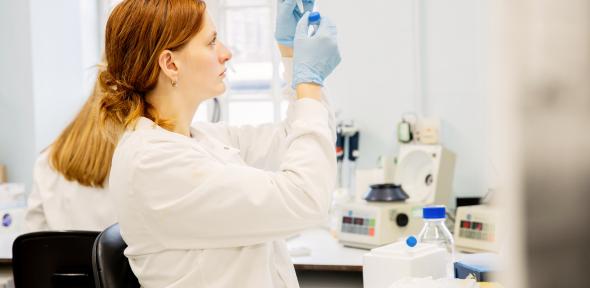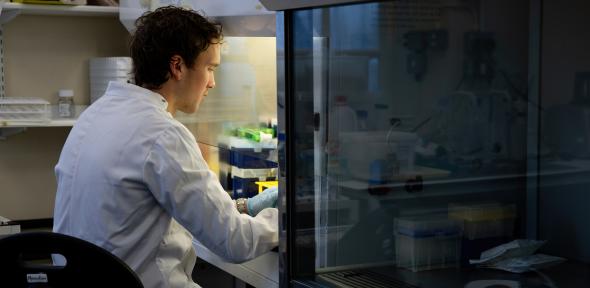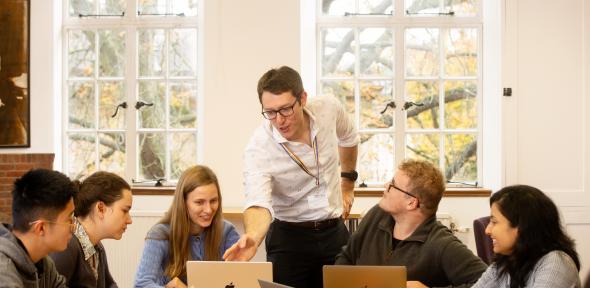This intensive one-year research MPhil in Chemistry prepares students for a career in the chemical sciences. You will conduct a substantial research project within the main themes of research ongoing in the department. The 15,000-word thesis you produce at the end of your project is examined by formal viva.
Many students choose this MPhil programme as an access route for PhD study here or elsewhere. Others head off into the industrial sector, having gained solid expertise in laboratory and practical skills. Our chemistry education programme, including lectures and researcher development workshops, is open to all MPhil students, along with career development advice and mentoring.
Entry requirement: 2.1 Bachelor’s Honours degree or equivalent.
Please check international qualifications equivalence guidelines here.
How to Apply
Competition is strong for MPhil places and in all cases, we recommend that you correspond with potential supervisors early, well in advance of submitting your application. This is important in order both to understand which project you could be working on (prospective projects may not always be reflected in current group publications) and that current space will allow your prospective supervisor to accommodate you in their research laboratory, particularly with synthetic groups where fume cupboard space needs to be taken into account.
For more information on how to apply please click here.
Funding
Please note that funding for MPhil applications is somewhat limited and therefore extremely competitive. If you are able to self-fund your MPhil, be sure to include this in your application, to avoid rejections if funding cannot be made available to you.
For information about funding please click here.
Supervisors - Department of Chemistry
Please contact the academic you wish to study under before you apply as places are limited.
FAQ's







